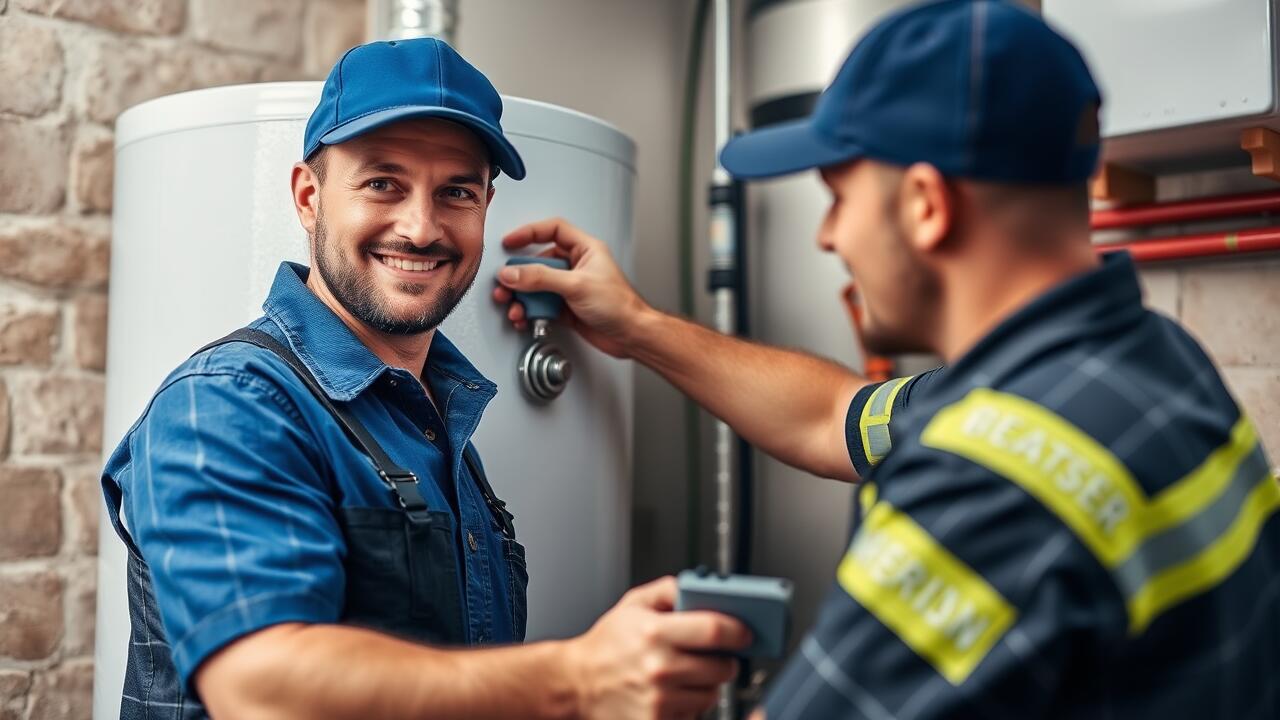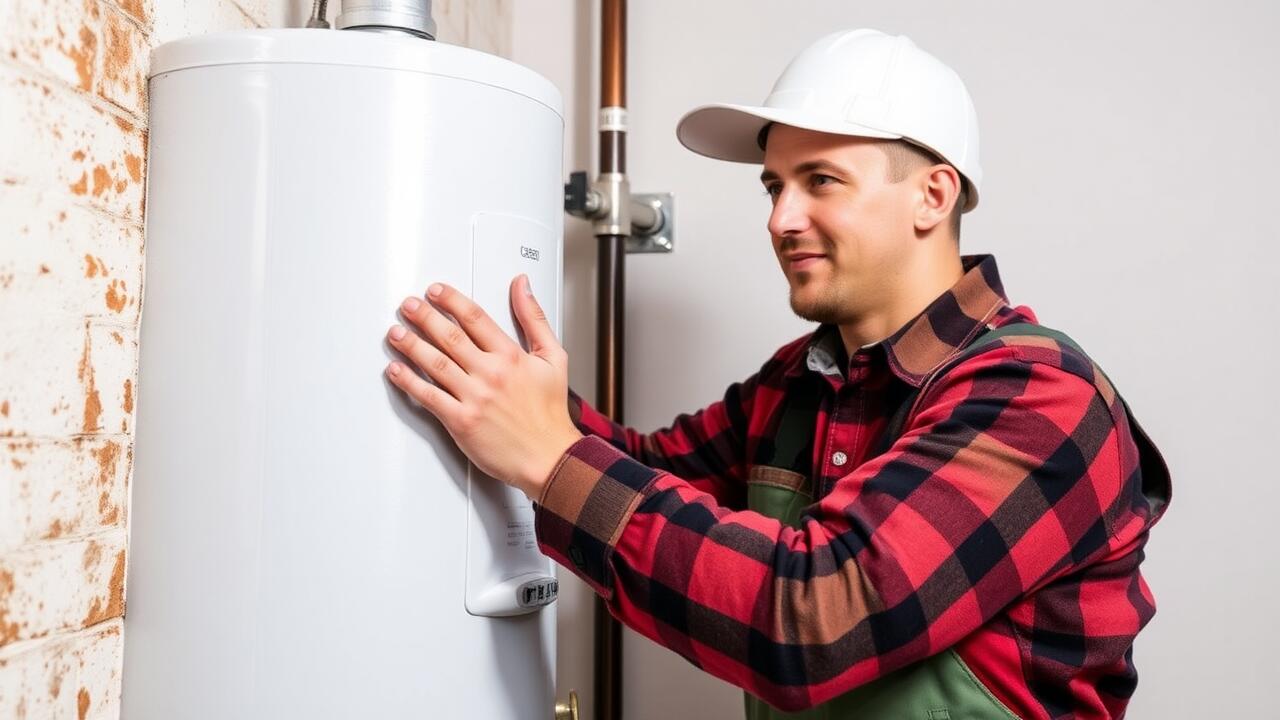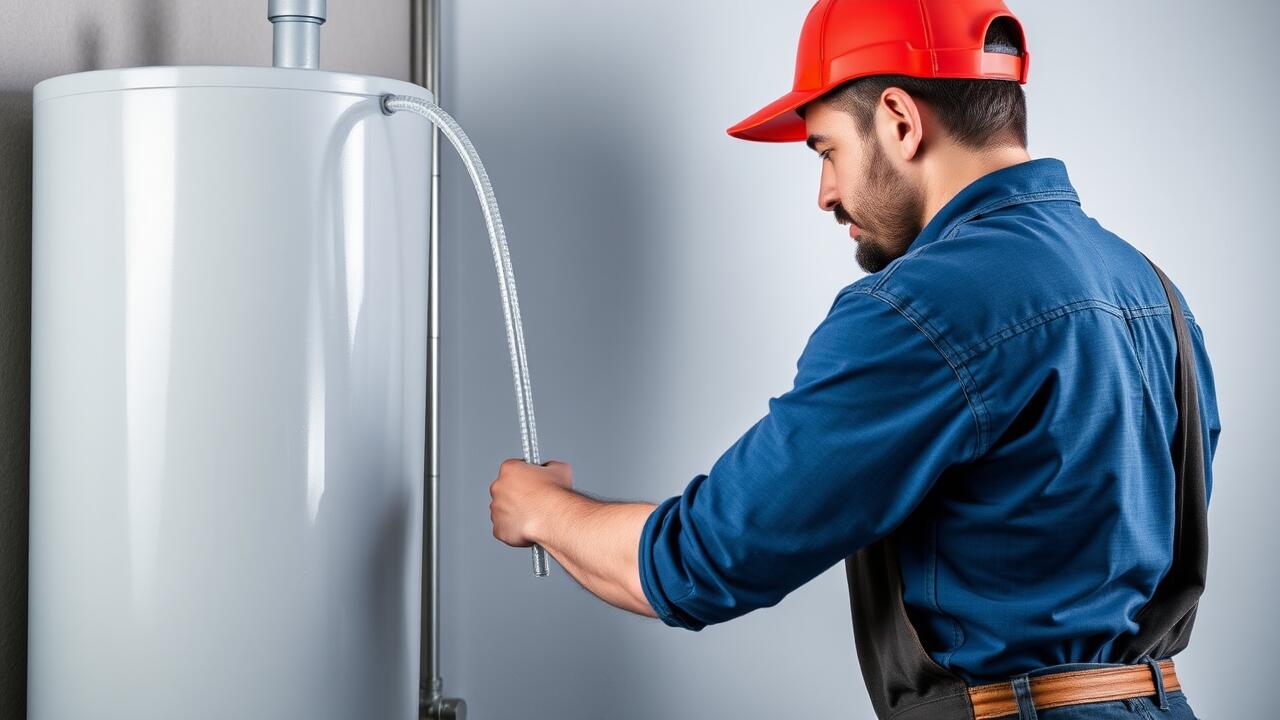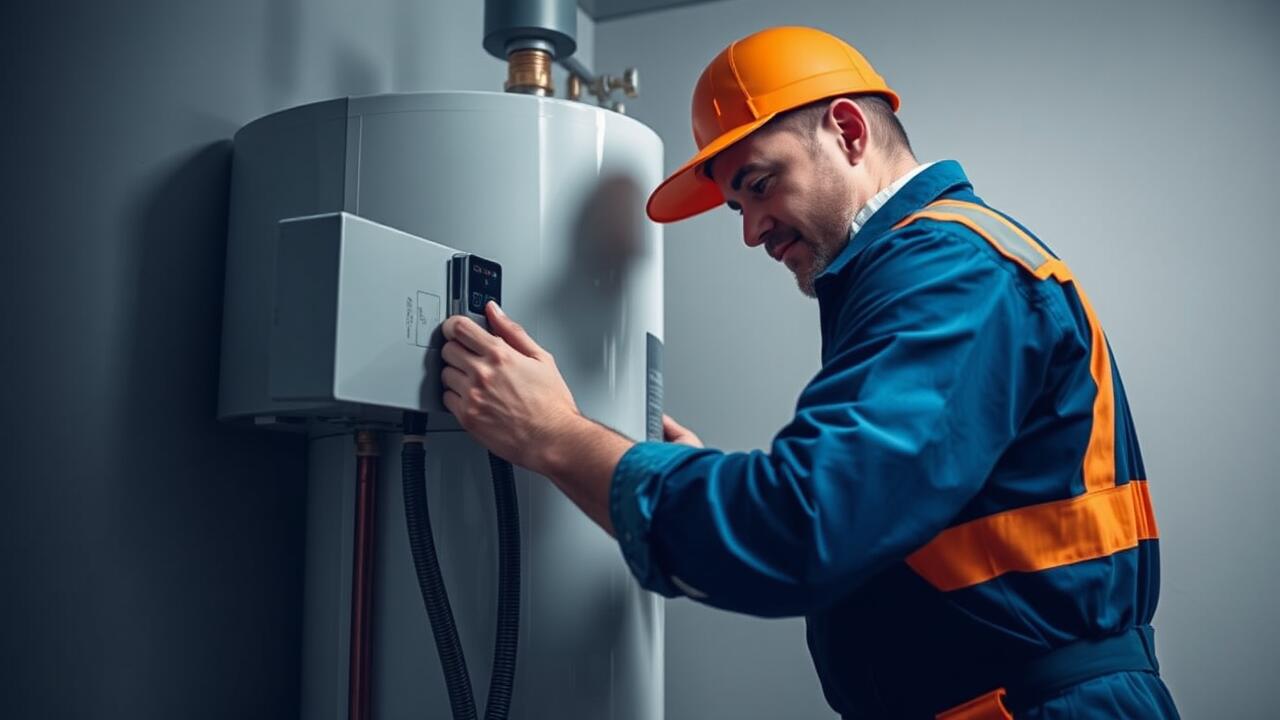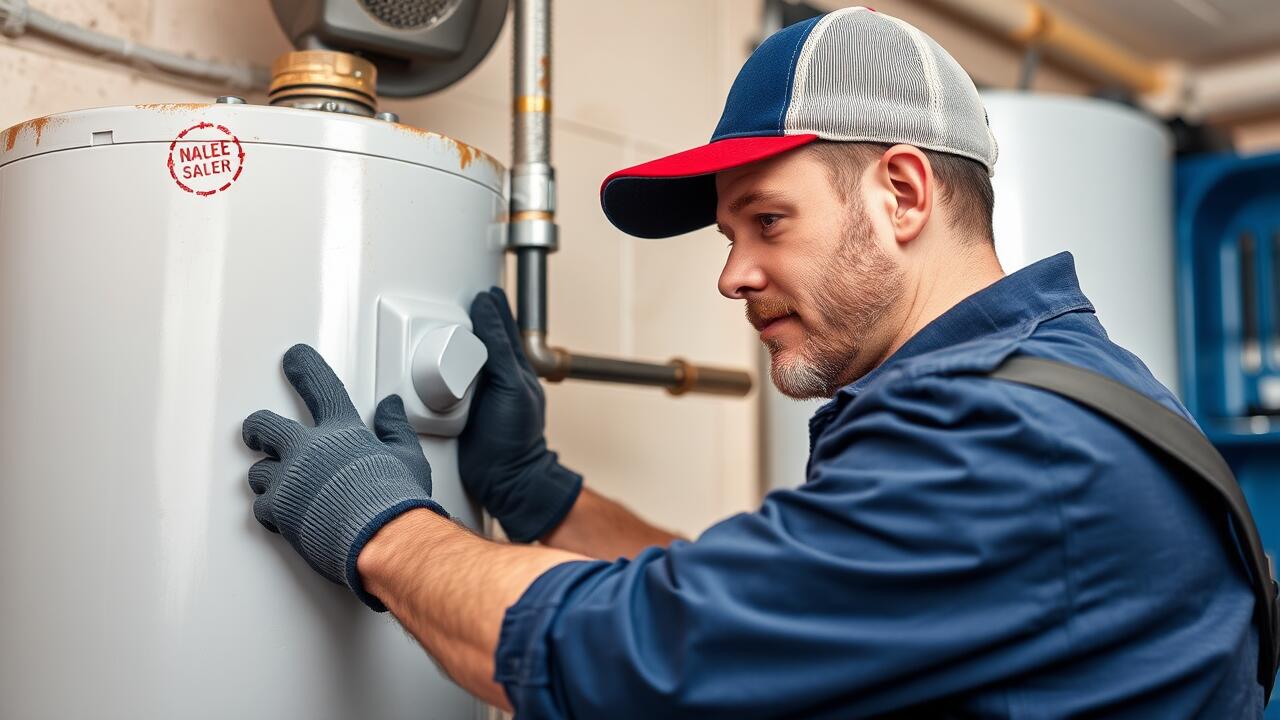
Unusual Sounds and Safety Concerns
Strange noises from a water heater often indicate underlying issues that require attention. Common sounds such as banging, popping, or hissing can suggest sediment buildup within the tank or a malfunctioning component. Addressing these noises promptly can prevent further damage and ensure the efficient operation of the appliance. Ignoring unusual sounds may lead to more significant problems, including leaks or even a tank failure, which raises safety concerns for homeowners.
Understanding the potential risks associated with these noises is essential. A poorly functioning water heater can pose hazards, such as pressure build-up or scalding hot water release. Seeking professional assistance through services like Water heater repair in Westwood, Los Angeles, helps to address these concerns effectively. Regular maintenance and timely repairs can significantly reduce the risk of accidents and extend the life of the water heater.
When to Be Alarmed by Noises
Unusual noises from a water heater can sometimes indicate a brewing problem. While occasional sounds like minor popping or hissing can be normal, persistent banging or loud rumbling should raise concerns. Such noises often signal excessive sediment buildup, which can inhibit the heater's efficiency. Ignoring these signs may lead to further damage or even a potential breakdown.
If you hear alarming sounds that escalate in volume or frequency, it’s crucial to take action swiftly. Early intervention can prevent more extensive repairs down the line. Seeking professional help, such as water heater repair in Westwood, Los Angeles, will ensure that issues are properly diagnosed and resolved. Prompt attention to unusual noises can also enhance the longevity and performance of your water heater.
Maintenance Tips to Reduce Noises
Regular maintenance of your water heater can significantly reduce noise levels. Flushing the tank annually helps remove sediment buildup, a common cause of rumbling sounds. Additionally, inspecting and replacing the anode rod can enhance the efficiency of the heater and minimize popping noises. Keeping the area around the water heater clear of obstructions allows for proper airflow, which also aids in quieter operation.
Making sure the temperature setting is not excessively high prevents overheating and reduces the likelihood of loud sounds. Tightening loose parts can also help eliminate rattling noises. For those who find themselves struggling to manage these issues, seeking professional help for water heater repair in Westwood, Los Angeles, can ensure the appliance runs smoothly and quietly. Regular check-ups can keep your water heater in top condition, preventing future noise disturbances.
Best Practices for Regular Upkeep
Regular inspection of your water heater can significantly prolong its lifespan and enhance its performance. Checking the temperature settings is essential; maintaining it at 120 degrees Fahrenheit not only provides adequate hot water but also reduces energy consumption. Additionally, flushing the system to remove sediment build-up should occur at least once a year. This helps prevent unusual noises and the potential for damage over time.
Scheduling routine maintenance with a professional is another best practice for ensuring your water heater runs smoothly. Experts can identify issues that may not be apparent during casual inspections. For those in the area, seeking water heater repair in Westwood, Los Angeles, offers specific expertise in handling local models and conditions. Keeping a maintenance log can help track service history and remind you when it's time for another check-up.
Diagnosing the Problem
Listening closely to the kind of noise your water heater makes can provide valuable clues about the issue at hand. Banging or popping sounds might indicate sediment buildup at the bottom of the tank. This can lead to overheating if not addressed, as the heating elements struggle to effectively raise the water temperature. A bubbling sound may suggest an issue with the pressure relief valve. Identifying these noises will help narrow down your troubleshooting efforts.
If you’re uncertain about the source of the noise, documenting when it occurs can assist in diagnosing the problem. Note whether the sounds happen during heating cycles or when the unit is idle. Strange noises, particularly in an older unit, can signal the need for repairs. If the problem persists, seeking professional assistance like water heater repair in Westwood, Los Angeles, is advisable to ensure safety and restore optimal function.
Steps to Troubleshoot Water Heater Noises
Identifying the cause of strange noises from your water heater begins with a careful examination of the unit itself. Start by checking the temperature setting on the thermostat. Sometimes, excessively high temperatures can cause rumbling noises due to the buildup of sediment. Sediment can accumulate at the bottom of the tank, leading to overheating and subsequent sounds. Additionally, inspect for any visible leaks or corrosion, which might indicate a more serious issue that needs immediate attention.
If these initial checks do not resolve the problem, consider enlisting a professional for further diagnostics. A qualified technician can perform a detailed inspection to identify any underlying issues that may be causing the noise. Water heater repair in Westwood, Los Angeles, offers experienced professionals who can promptly address any concerns. They can also provide valuable advice on maintenance practices to help prevent future noises and improve the longevity of your unit.
FAQS
What types of unusual noises can my water heater make?
Common noises include popping, banging, hissing, or gurgling sounds, which may indicate various issues within the unit.
When should I be concerned about the noises coming from my water heater?
If the noises are loud, persistent, or accompanied by a leak or a drop in water temperature, it's advisable to consult a professional.
How can I reduce the noise from my water heater?
Regular maintenance, such as flushing the tank and checking for sediment buildup, can help minimize noise.
What are the best practices for maintaining my water heater?
Schedule annual inspections, flush the tank regularly, and check the anode rod periodically to ensure it’s in good condition.
How can I troubleshoot the noises coming from my water heater?
Start by identifying the type of noise, checking the temperature settings, inspecting for loose parts, and consulting the user manual for specific guidance. If issues persist, seek professional help.
